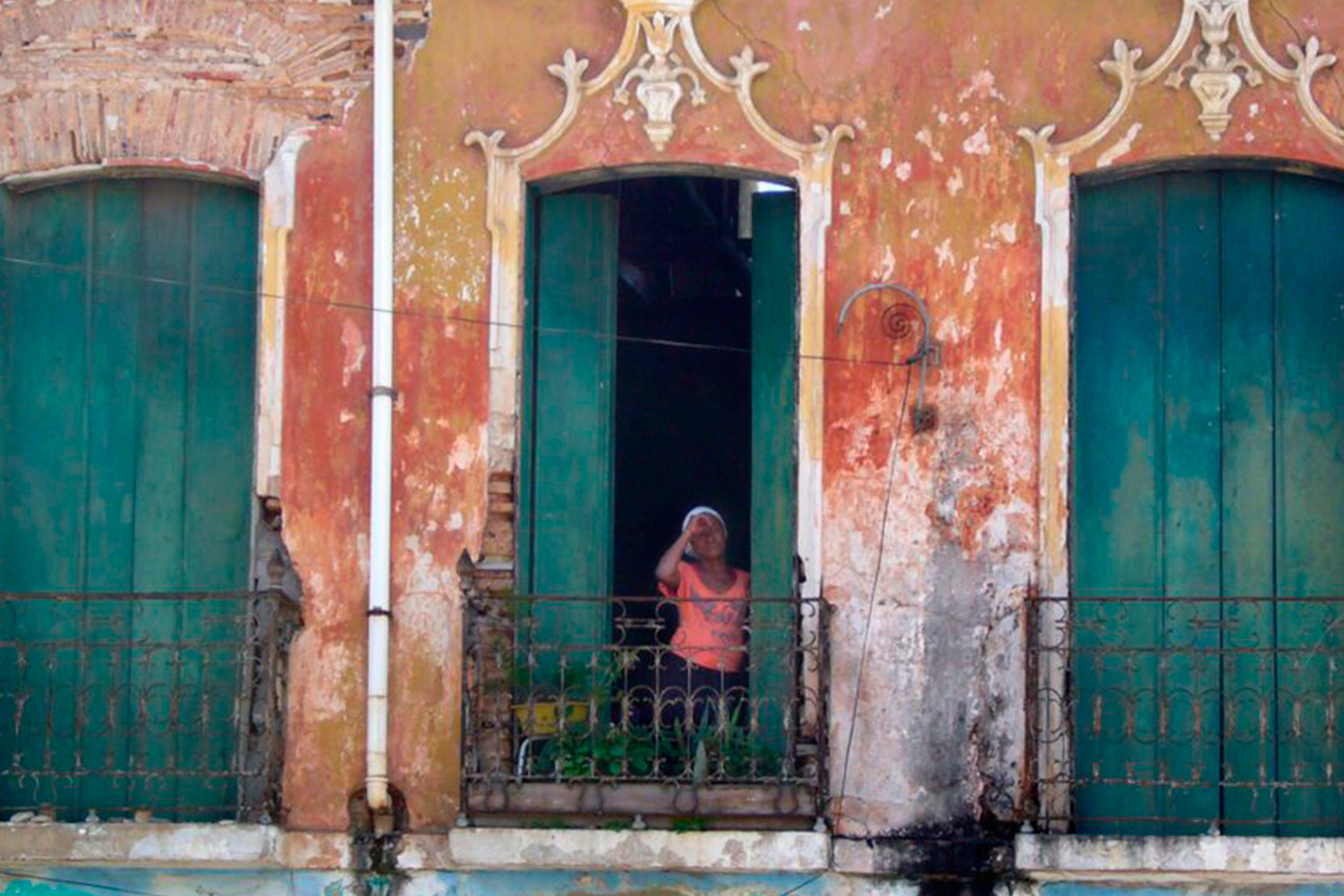Interviews
FIGHTING INEQUALITY TO PREVENT CANCER
- November 10, 2023
- Publicado por: ACCDIS
- Category: ACCDiS in Media News Featured news
 With 17 concrete actions to prevent cancer, based on scientific evidence and adapted to the regional context, the World and Pan American Health Organizations (WHO and PAHO) presented theLatin American and Caribbean Code Against Cancer.
With 17 concrete actions to prevent cancer, based on scientific evidence and adapted to the regional context, the World and Pan American Health Organizations (WHO and PAHO) presented theLatin American and Caribbean Code Against Cancer.
These entities highlight that a third of cancer cases could be prevented by avoiding risk factors such as smoking, Alcohol Abuse, Unhealthy diet and physical inactivity.
Other recommended measures include breastfeeding to reduce the risk of breast cancer; Prevent smoke build-up in the home; protect yourself from infections such as hepatitis B and C, Human papillomaviruses (HPV) and bacteriaHelicobacter pylori, attributable to different types of cancer; and only resort to the use of hormone replacement for menopause when there is a medical indication.
The code highlights that, in our region, Poverty, homelessness and difficulties in accessingBless you are additional barriers to successful implementation.
"The biggest inequity is the effective coverage of treatments, either because people with fewer resources do not have access to early diagnosis and arrive with cancers beyond the therapeutic reach, or because they arrive on time but do not get timely access to treatment"
Catterina Ferreccio, one of the researchers in charge of the Latin American and Caribbean Code Against Cancer
"Before the pandemic, Different experts had already started working on specific recommendations for the general public and decision-makers.", revealed in a conference call withSciDev.Net Mauricio Maza, Regional Advisor for Cancer Prevention and Control at PAHO.
2020 Only, Cancer Caused 1,4 million deaths in the Americas, with an estimated four million cases, that could rise to six million by 2040. "Living longer increases the risk of cancer, But in many cases there are also deficiencies in theHealth Services”, acknowledges the expert.
The most commonly diagnosed cancers in men in the region are lung cancer (11,7 percent), colorectal (10,2 percent) and prostate (8,6 percent). In women, Breast (30,7 percent), lung (10,3 percent) and colorectal (9,6 percent).
In addition to the genetic factors that cause the disease, There are external factors that need to be addressed more urgently.
"Tobacco is one of the most potent carcinogens and is also linked todiseases respiratory and cardiovascular, in addition to polluting the indoor air", explains Catterina Ferreccio, one of the researchers in charge of the document.
The code emphasizes, on the other hand, the need to lead a healthy lifestyle, including diet and physical activity. That is why it proposes to ban the consumption offoods ultra-processed foods or sugary drinks in schools and public buildings, and encourage the creation of spaces for exercise.
"Obesity rates have increased significantly in Latin America", Maza adds. "Fat accumulation and alcohol consumption are related to 15 places in the body where cancer can occur. Exercise moderates that risk.".
For Veronica Pesce, Director of theNational Cancer Institute in Argentina, The document "highlights recommendations that have been carried out in different ways" in the countries of the region, But it warns that structural and socioeconomic deficits could limit their compliance.
"Our latest National Risk Factor Survey showed that the percentage of the population that complies with the recommended portions of fruits and vegetables is very low", Exemplifies.
New Therapies and Early Detection
The WHO recalls thatAbout 13 percent of diagnosed cancer cases worldwide are attributable to infections, including HPV.
The positive aspect is that, for the first time in history, A type of cancer – cervical cancer- is liable to be eliminated, thanks to biomolecular screening tests and HPV vaccines.
Effective screening policies [Identification of a disease in individuals without symptoms] enable more effective treatments and better survival prognosis, confirms Pesce, He adds that the finding of precursor lesions can also prevent the development of colorectal cancer.
However, Countries such as Paraguay and Bolivia have deficiencies in screening programs and in ensuring treatment, warns Maza. In general, "The biggest inequity is the effective coverage of treatments, either because people with fewer resources do not have access to early diagnosis and arrive with cancers beyond the therapeutic reach, or because they arrive on time but do not get timely access to treatment", Ferreccio asks.
The economic inequality that characterizes the region emerges as a cross-cutting challenge. Even in the countries best prepared to tackle the disease with state-of-the-art treatments, like Argentina, Brazil and Chile, The internal gaps are wide enough to set off all the alarm bells.
This article was produced by the Latin America and Caribbean edition ofSciDev.Net
See alsoHTTPS:www.scidev.net/america-latina/news/combatir-la-desigualdad-para-prevenir-el-cancer/
